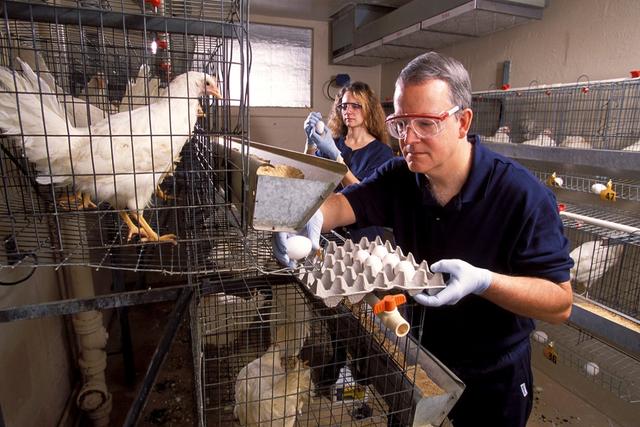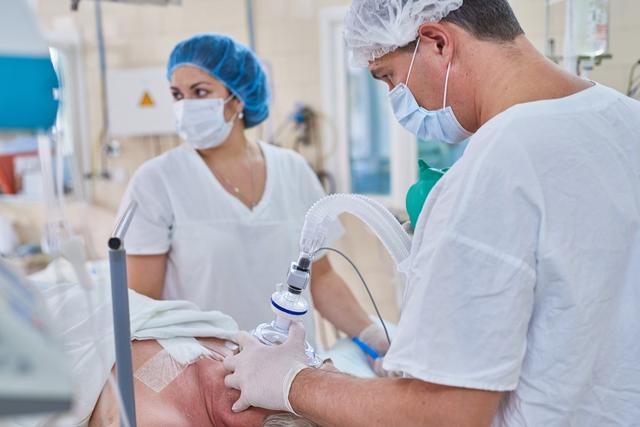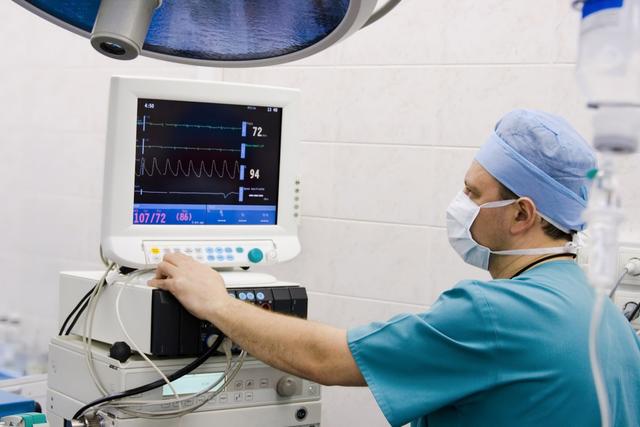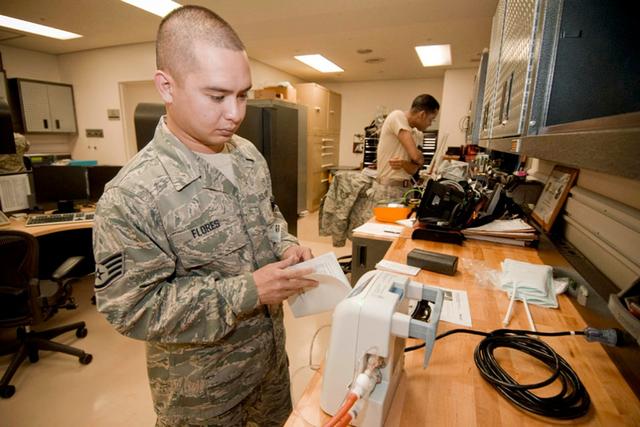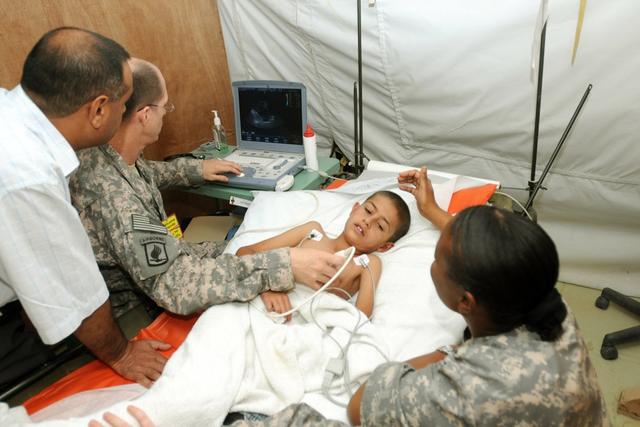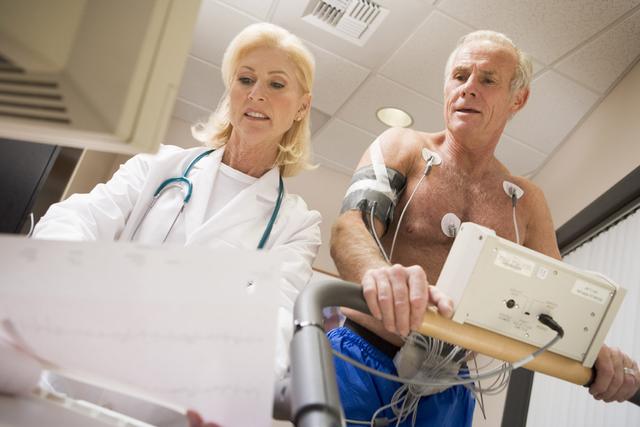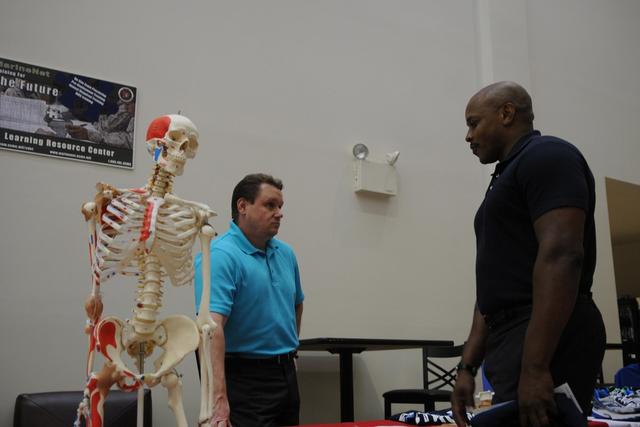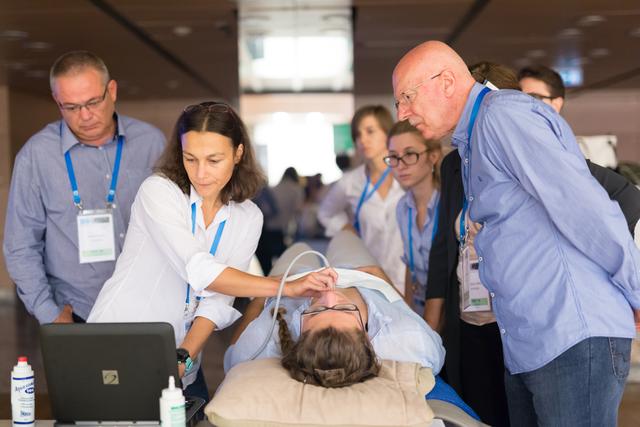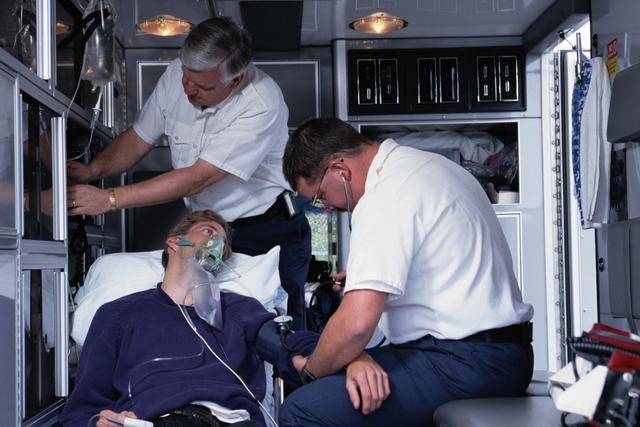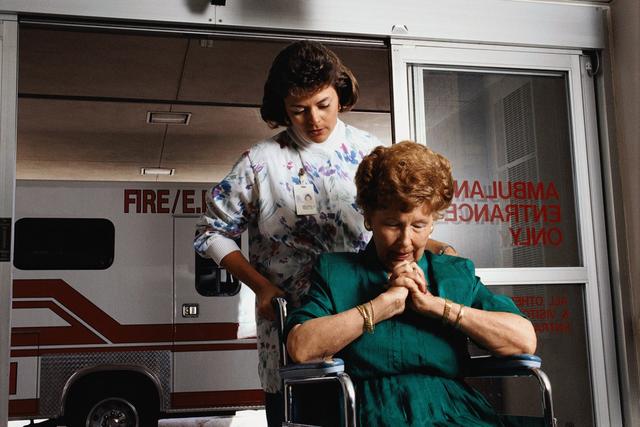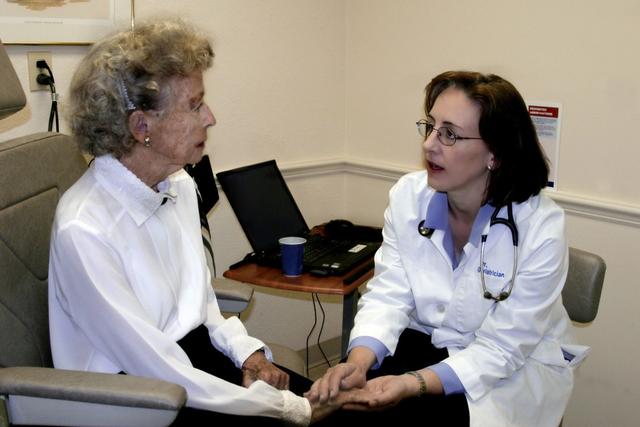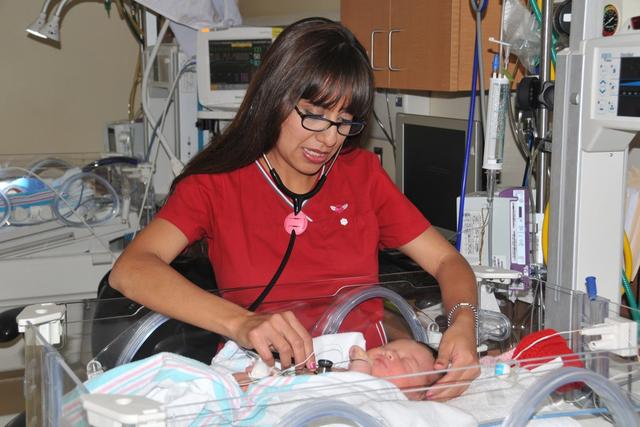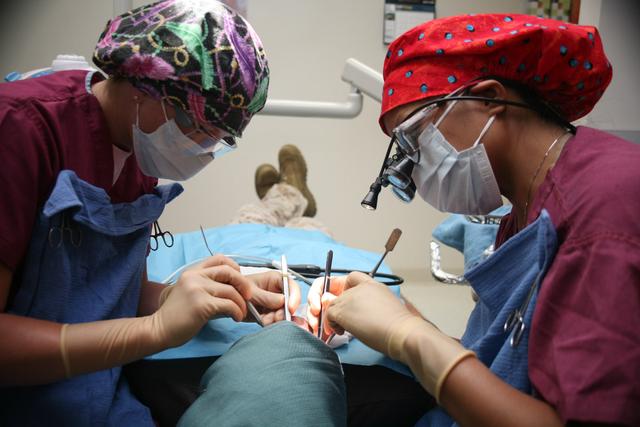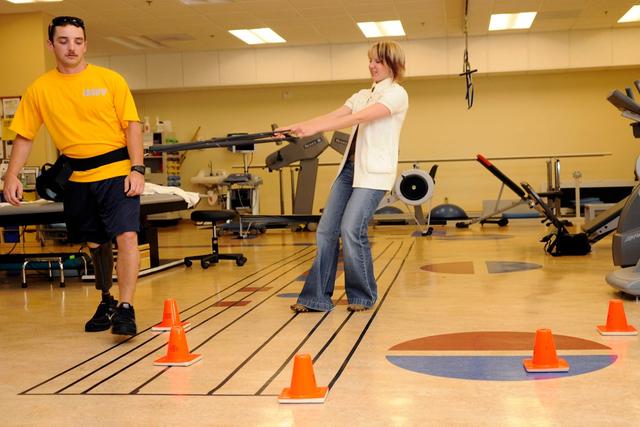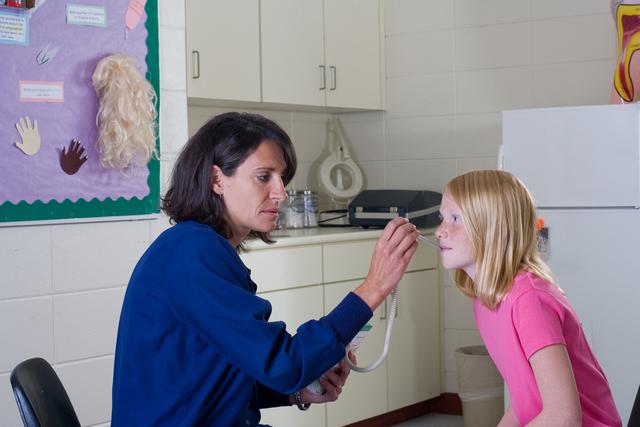Surgical Technologists
Overview
Introduction
Surgical technologists, also called surgical technicians or operating room technicians, are members of the surgical team who work in the operating room with surgeons, nurses, anesthesiologists, and other personnel before, during, and after surgery. They ensure a safe and sterile environment. To prepare a patient for surgery, they may wash, shave, and disinfect the area where the incision will be made. They arrange the equipment, instruments, and supplies in the operating room according to the preference of the surg...
Quick Facts
Median Salary
Employment Prospects
Minimum Education Level
Experience
Skills
Personality Traits
Earnings
Salaries vary greatly in different institutions and localities. According to the U.S. Department of Labor, the average salary for surgical technologists was $48,300 in May 2019, and ranged from $33,420 to $71,400 or more a year (excluding overtime). Some technologists with experience earn much more. Most surgical technologists are required to be periodically on call—available to work on short n...
Work Environment
Surgical technologists naturally spend most of their time in the operating room. Operating rooms are cool, well lighted, orderly, and extremely clean. Technologists are often required to be on their feet for long intervals, during which their attention must be closely focused on the operation.
Members of the surgical team, including surgical technologists, wear sterile gowns, gloves, cap...
Outlook
The field of surgical technology is projected to experience rapid job growth through 2029, according to the U.S. Department of Labor. Population growth, increasing life spans, and improvement in medical and surgical procedures have all contributed to a growing demand for surgical services and hence for surgical technologists. The coronavirus pandemic has introduced new challenges to the medical...

